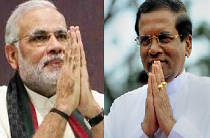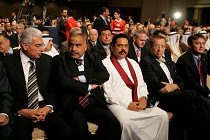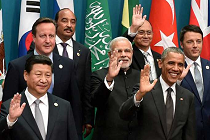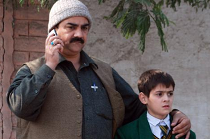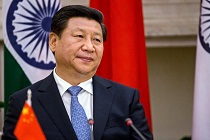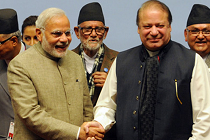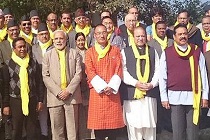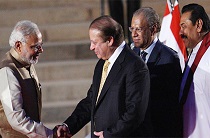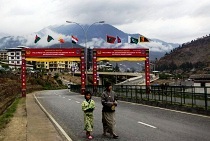Turning point for India-Sri Lanka?
India has welcomed President Sirisena’s recent electoral victory largely because he is willing to check China’s rise in Sri Lanka. His visit to India next week is an opportunity for New Delhi to overcome its difficult relationship with former president Rajapaksa and offer its unconditional partnership to Colombo

